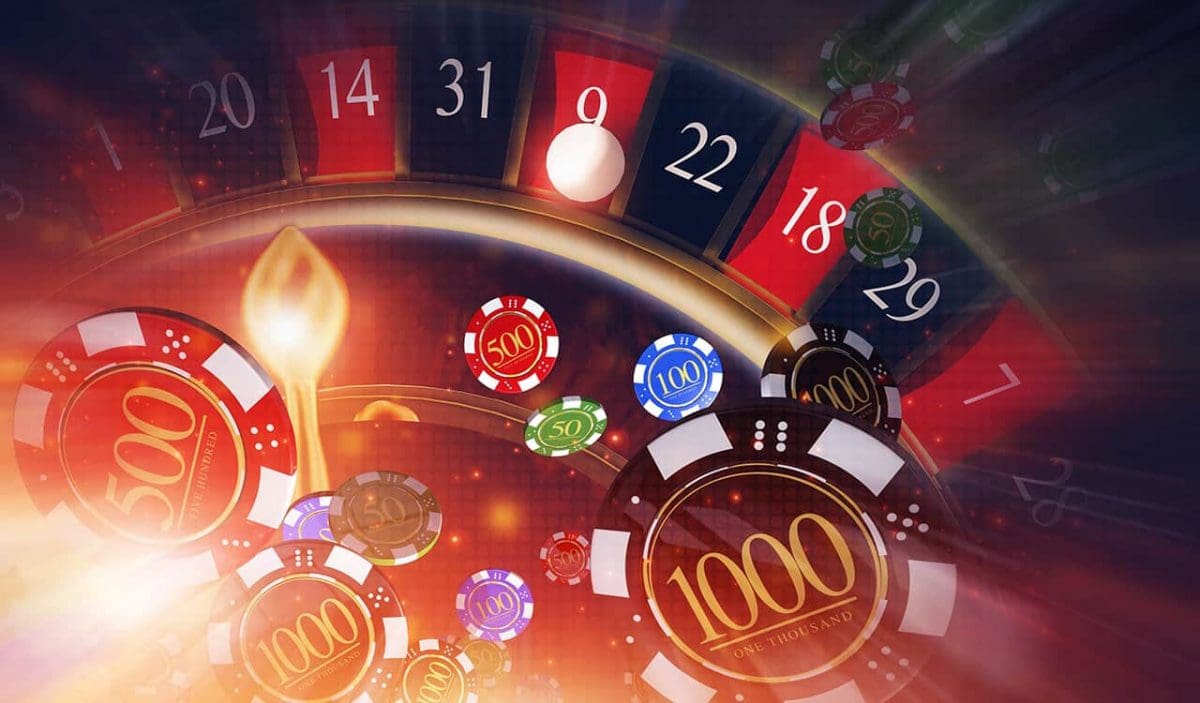In what way Gambling Games Represent the Humanity's Experience

Casino entertainment have long been a staple in human culture, offering not just entertainment but a fascinating reflection of our aspirations, wishes, and concerns. From the turning reels of a slot machine to the tactical play of poker, these games embody a range of human sentiments and experiences. At their core, casino games are not just a chance to make profits; they are a microcosm of life itself, where risk versus reward merge and luck can change in an moment.
As players gather around tables or sit in front of glowing machines, they engage in a ceremony that transcends mere betting. These games echo our instinctive desires for social interaction, adventure, and the search for fortune. They also reveal deeper truths about human nature, such as our relationship with chance and the excitement of risk. In exploring casino games, we discover not only the mechanics of play but also the rich tapestry of the human story, showcasing our interconnected narratives of hope and reality.
The Psychology of Gambling
Wagering is deeply rooted in the psyche of individuals, appealing to various feelings and wants. The excitement of taking risks is a core aspect that draws players in, whether it's excitement of spinning a roulette or the anticipation of drawing a winning card in poker. This rush of adrenaline is frequently likened to other forms of thrill, as the uncertainty of outcomes triggers a distinct psychological response. Gamblers often become entranced by the chance of striking it rich, leading to an almost magnetic draw toward casino games.
Another, an essential component of the psychology behind gambling is the concept of optimism and ambition. Participants often indulge in fantasies of financial freedom and the opulent lifestyle that can follow winning. This hope fuels their continued participation in casino games, as it provides a sense of purpose and the conviction that a life-changing win could be just one bet away. The narrative of beating the odds and finding success resonates with many, strengthening their dedication to play and engage with these games.
Lastly, social aspects play a crucial role in gambling psychology. Gambling venues are designed to promote social interaction, where gamblers gather to share the experience of wins and losses. This communal aspect not only amplifies enjoyment but also influences behavior, as individuals often imitate the actions of others around them. The social validation found in mutual thrill can magnify the emotional experience, making casino games a reflection of not just personal desires but also collective engagement within the gaming community.
### Risk and Reward: A Double-Edged Sword
Gambling activities embody the fragile balance between danger and gain that resonates deeply with the human experience. The rush of placing a bet is often accompanied by a rush of adrenaline, as gamblers are confronted with the possibility of striking it rich, yet conscious of the risk to suffer losses. This dual experience reflects a core aspect of life: the decisions we face often come with built-in risks, and the quest for benefit can push us to make risky moves we might not typically consider. jiliko In this way, gambling activities mirror real-world choices, enticing players to gamble not just their funds, but also their dreams.
The allure of jackpot prizes and payouts fuels a feeling of positivity, encouraging gamblers to envision a better future that could emerge from a fortunate turn of the roulette or flip of a card. This hope can drive individuals to engage in greater risks, pushing them to take greater risks in search of economic benefit. However, just as in life, the outcomes of these decisions can lead to both victory and loss. The stories of both big winners and those who have lost everything at the tables demonstrate the chaotic nature of chance and its impactful repercussions on our futures.
Ultimately, the experience of engaging with gambling activities serves as a potent reminder of the human condition. Every round played is imbued with the tension of risk, as players weigh the rewards against the risks. This interaction not only highlights the thrill that comes with gambling but also unveils the weaknesses that come with the urge for more. As we navigate the challenges of choice and consequence in both the gambling world and in life, we find that the quest for gain shapes our identities and journeys in profound ways.
Culture and Isolation in Casino Culture
Gambling environment is a distinct combination of communal engagement and personal endeavor, reflecting the dualities of individual experience. Gamblers often come together around tables, sharing in the thrill of the action, celebrating wins, and commiserating over losses. This social aspect is crucial, as it fosters a sense of belonging and bonding among varied groups of people. Regular attendees to casinos may form friendships and develop routines, turning the casino into a alternative home where they feel connected to a larger community of gamblers.
However, the attraction of casino games can also result to loneliness. As players become engrossed in the thrill of gambling, they may withdraw from personal relationships or fail to engage with the world outside the gaming space. For some, the pursuit of a jackpot can overshadow genuine connections, leading to isolation. The situation of being among people yet feeling solitary is not uncommon, as the focus shifts from shared enjoyment to the individual concerns of each player’s path.
This interaction of society and isolation creates a vivid tapestry that defines casino atmosphere. It showcases the complexity of human interactions, where happiness and despair coexist. Gambling venues serve as both a sanctuary for social interaction and a platform for individual struggles, demonstrating how intimately entwined our yearning for companionship and the personal quest for fortune can be. In navigating this environment, gamblers confront their own stories—seeking both the thrill of the game and the fellowship of other players, ultimately reflecting the broader spectrum of individual experience.
